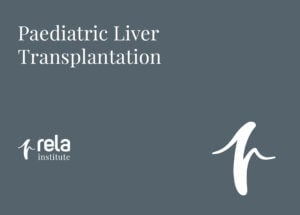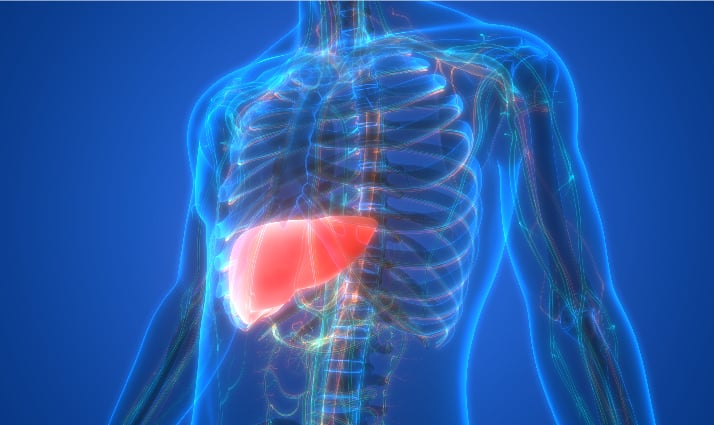Immunosuppressant Drugs
September 1, 2019

Immunosuppressant drugs are agents used to reduce the power of the body’s immune system. Also known as anti-rejection drugs, immunosuppressants are primarily used to suppress the body’s ability to reject bone marrow or organ transplantation.
Organ transplantation is one of the exceptional evolution in the medical history. It is a surgical process where an organ or part of the organ is removed from a living or deceased donor and placed in the recipient’s body. Organ transplantation is often vital for the recipient whose organ has failed or damaged due to disease or injury.
Contents
How does immunosuppressant’s work?
After an organ transplantation, the body’s immune system takes the transplanted organ as foreign object. This triggers the body’s defense mechanism to attack it causing severe damage to the transplanted organ. To reduce the body’s reaction, immunosuppressive agents are prescribed, which blocks the effects of natural defenses allowing the transplanted organ to remain healthy. However, by blocking body’s defenses, the body becomes vulnerable to infections.
Post transplant, a combination of medications is advised, whose types and dosage would be changed over time. These are immunosuppressive agents or anti-rejection drugs, anti-infective drugs and miscellaneous medicines. Different combination of drugs is used to create a balance between immunosuppressive agents to avoid rejection and minimize the side effects.
More about immunosuppressive agents:
Immunosuppressive drugs are categorized in two types – induction drugs and maintenance drugs. Induction drugs are used at the time of transplant and are strong anti-rejection drugs. Anti-rejection medicines used for the long term are known as maintenance drugs. The goal is to reduce the chances of rejection and also possible side effects due to anti-rejection medicines. Prescribed medications and pattern must be followed as suggested and even a little change may trigger the risk of organ rejection. If a dose is missed, contact the transplant team immediately. In due course, only one anti-rejection drug will be prescribed to be used for lifetime.
The transplanted organs success depends on the proper use of anti-rejection medicines. The best organ transplant team at Rela Hospital will assist the patient and the caretaker about the medication regimen. The drugs should never be stopped, nor should there be any change in the pattern or dosage without prior approval of the doctor. If there is any other medication prescribed by any other consultants, this must be informed to the transplant team.
Rejection – A threat after transplant:
The organ transplant team will assist the patient to look for symptoms of rejection. The rejection of the transplanted organ can be reversed, if it is diagnosed early. The patient and the caretaker are educated to look for symptoms of rejection. The doctor tries to reverse the rejection process by changing anti-rejection drugs, adjusting dosage or adding new drugs.
Common side effects of the anti-rejection drugs include:
- Infections
- Kidney Toxicity
- High blood pressure
- High blood sugars
- Tremor
- Insomnia
- Headache
- Diarrhea
- Mood Changes
Also Read: Causes Of High Blood Pressure- Hypertension
About Anti-Infective Drugs:
Anti-infective drugs are the medicines advised to prevent infections because the body’s immune system is weakened with anti-rejection medicines. These drugs, post transplantation aid in protection against bacterial, viral and fungal infections. This regimen is initially prescribed and slowly withdrawn with the time.
Other Drugs:
Miscellaneous drugs help control side effects of anti-rejection medicines and other health conditions.
Is the donor prescribed immunosuppressants?
No, organ donors are not prescribed immunosuppresants.













